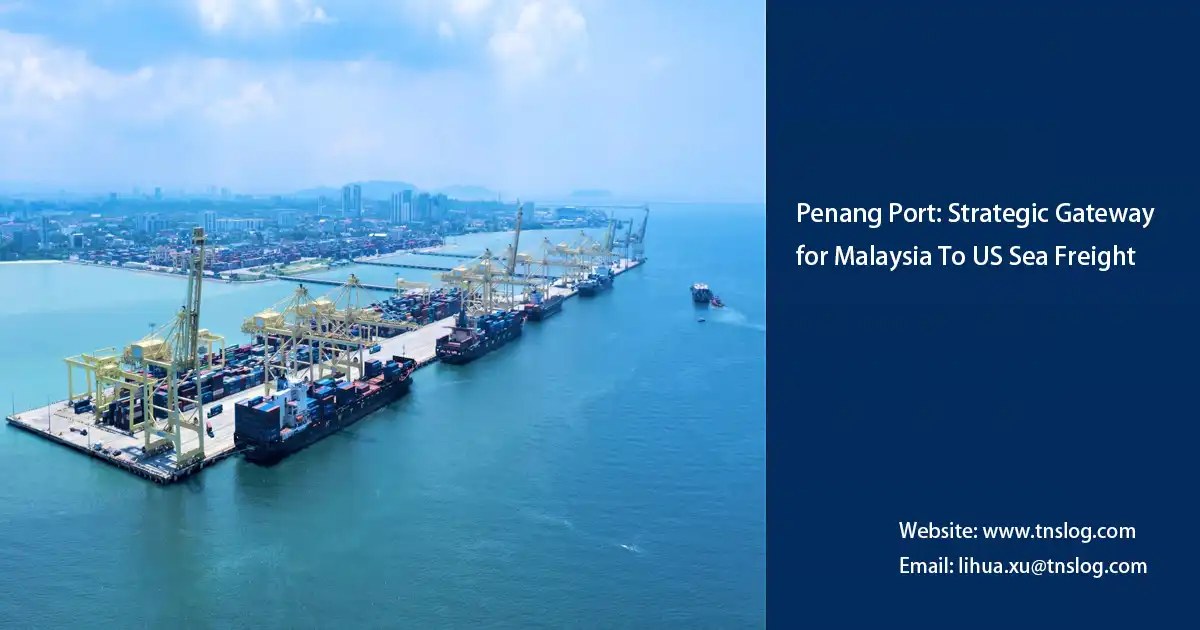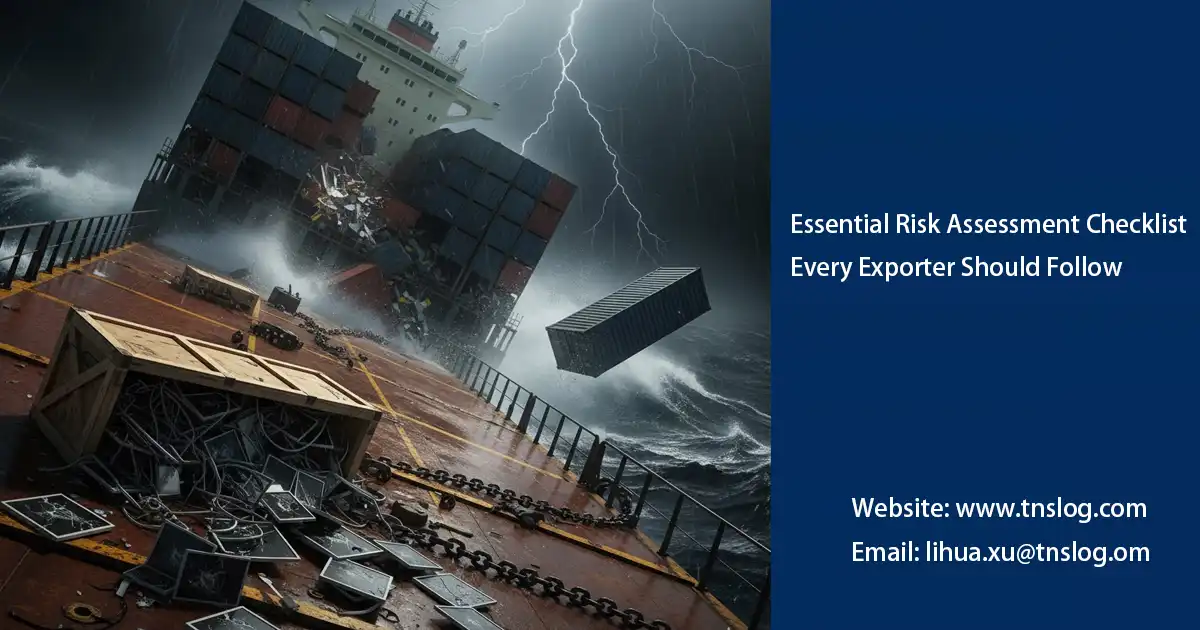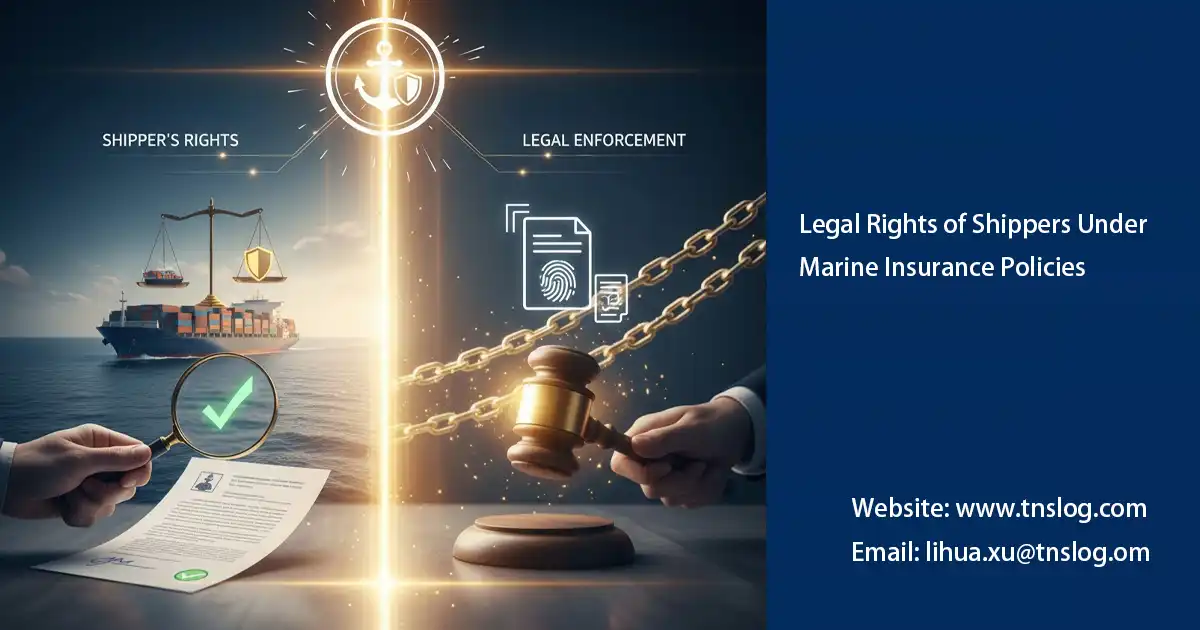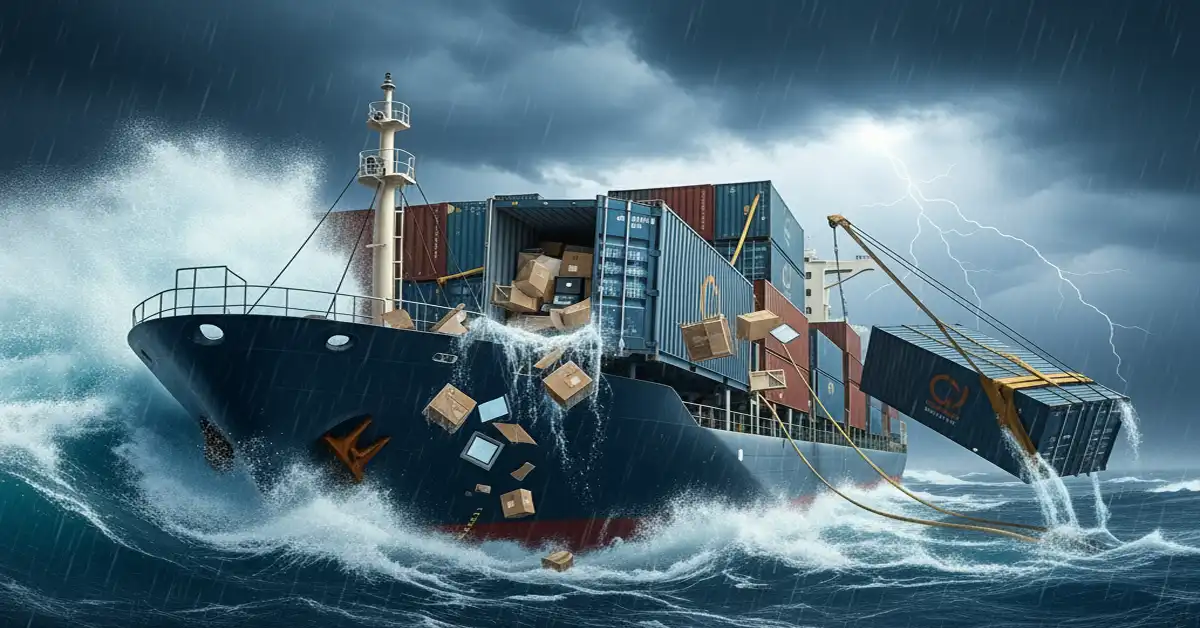How Incoterms Affect Marine Insurance Responsibility?
Incoterms (International Commercial Terms) determine not only who pays for freight and who bears transport costs, but crucially who is responsible for arranging and paying marine cargo insurance, and precisely when risk transfers from seller to buyer. This article explains, in practical detail, how common Incoterms (CIF, CIP, FOB, EXW, DAP, DDP, etc.) affect insurance obligations, how to draft contract language to avoid disputes, and step-by-step actions exporters/importers should take to ensure adequate coverage throughout the supply chain.
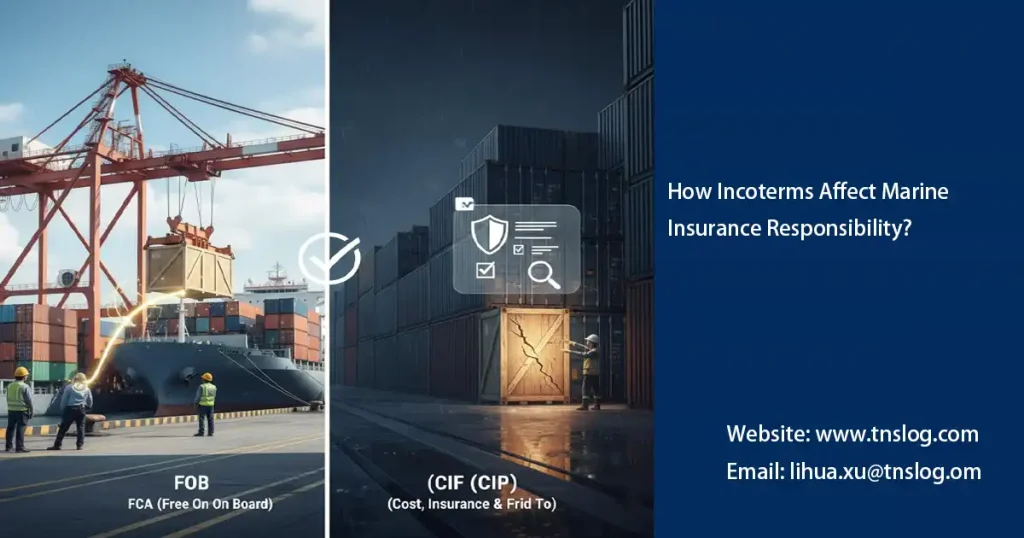
Quick principle: Risk transfer ≠ insurance obligation
Incoterms separate two related but distinct concepts:
- Risk transfer: the point at which the seller’s risk for loss/damage to goods ends and the buyer’s risk begins.
- Insurance obligation: which party must arrange and pay for insurance, if any.
Some Incoterms place both risk and insurance responsibility on the buyer (e.g., EXW), while others require the seller to buy insurance but only to a minimum level (e.g., CIF, CIP). Knowing the difference lets you avoid gaps (uninsured periods) and overlaps (duplicated cover and wasted premium).
Incoterms that commonly require the seller to provide insurance
CIF (Cost, Insurance & Freight) — sea and inland waterway transport
- Seller’s obligations: Arrange and pay for main carriage and minimum insurance to the port of destination.
- Practical implication: Seller must buy insurance, usually at minimum cover (historically ICC C-level unless contract specifies otherwise). This insurance protects the buyer while goods are in transit, but often only against a narrow set of named perils.
- Risk transfer: Risk transfers from seller to buyer when goods cross the ship’s rail at the port of shipment (or at the agreed point on board). That means although the seller pays for freight and insurance, the buyer bears the risk once goods are loaded.
Common mistake: Buyers assume CIF means full protection — often it does not. Sellers frequently purchase the cheapest cover to meet CIF obligations. If buyers need broader coverage (ICC A / All Risks) they must explicitly require it in the sales contract.
CIP (Carriage and Insurance Paid To) — any mode of transport
- Seller’s obligations: Arrange and pay for carriage and insurance to named place of destination. Under Incoterms 2020, the seller must obtain minimum insurance (Clause A or B historically depending on version) — but the rules explicitly require insurance at least to Institute Cargo Clauses (A) if not otherwise agreed? (Note: always confirm the Incoterms edition used in your contract.)
- Practical implication: CIP is stronger for buyers than CIF because it applies to any transport mode. But the contract must specify the level of cover (ICC A/B/C), insured amount, and beneficiary.
Incoterms where the buyer normally arranges insurance
FOB (Free On Board) — sea and inland waterway transport
- Seller’s obligations: Deliver goods on board the vessel at the named port of shipment. Risk transfers on board the ship; seller does not have to buy insurance.
- Practical implication: Buyer is responsible for arranging insurance from the moment goods cross the ship’s rail (or other agreed point). Many buyers who purchase CIF-like protection opt to request the seller to procure insurance as a contractual variation.
EXW (Ex Works)
- Seller’s obligations: Make goods available at seller’s premises. Buyer bears all risk and transport obligations from that point.
- Practical implication: Buyer must arrange all insurance covering domestic pickup, export clearance, main carriage, and last-mile delivery.
DAP / DPU / DDP (Delivered at Place / Delivered at Place Unloaded / Delivered Duty Paid)
- Seller’s obligations: Seller delivers to a named place at destination (DDP also covers import duties). Risk transfers when goods are placed at the named location.
- Practical implication: Although seller bears risk until delivery, Incoterms do not automatically force the seller to purchase insurance. If buyer wants seller to insure, they must contractually require it and define coverage terms.
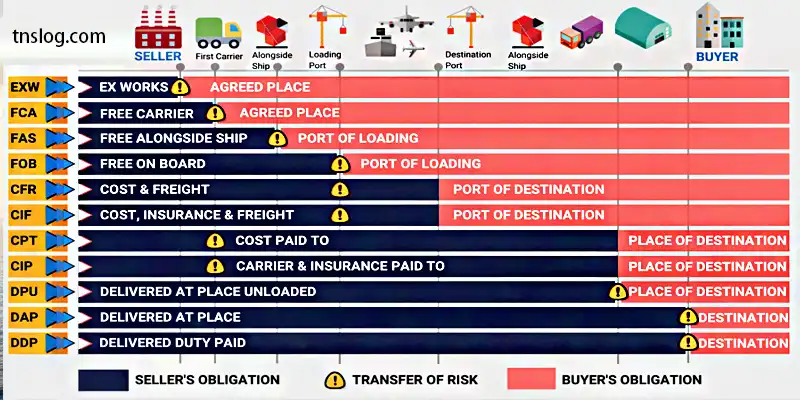
How to avoid insurance gaps — practical contract drafting tips
- Always specify insurance level explicitly (e.g., “Seller shall procure marine cargo insurance on ICC A (All Risks) basis for 110% of CIF value, including freight and expected profit, with deductible not exceeding 1%.”)
- Name the beneficiary: If seller buys insurance under CIF/CIP, confirm whether the buyer is named beneficiary or whether the policy is issued in seller’s name with buyer as assignee. A clear beneficiary clause avoids disputes on payouts.
- Define insurance period: State whether insurance must cover door-to-door (warehouse to warehouse) or only tackle-to-tackle / port-to-port. For multi-modal shipments, door-to-door is safer for buyers.
- Require policy copy and insurer contact: Seller should provide the buyer with an insurance certificate and insurer contact details before shipment.
- Decide deductible and currency: Specify acceptable deductibles and currency of indemnity to avoid surprises in settlement.
- Use clear Incoterms edition: Always state the Incoterms edition (e.g., “Incoterms 2020”) to prevent interpretive disputes.
Practical checklist: who does what by Incoterm
- CIF — Seller: freight + minimum insurance; Buyer: assumes risk on board.
- CIP — Seller: freight + insurance to place named; Buyer: assumes risk once seller hands goods to carrier.
- FOB — Seller: delivery on board; Buyer: arranges insurance from on-board point.
- EXW — Buyer: arranges all transport and insurance.
- DAP / DPU / DDP — Seller: delivers to named place (DDP includes duties); Insurance: only if contractually required.
Claims & subrogation: who to contact first
If the seller procured insurance and the buyer suffered loss, notify both seller and insurer immediately. If insurer pays the buyer, insurer may pursue the carrier by subrogation.
If buyer bought the insurance, buyer claims directly with insurer; insurer may then subrogate against the carrier if the carrier was at fault.
Whether the insurer or the carrier pays first often depends on policy wording and the clarity of liability; having a complete documentary trail (Bill of Lading, packing list, survey report, photos) is essential.
For a broader comparison of the two protections, see “Marine Insurance vs Carrier Liability: Key Differences”.
For practical guidance on making a claim, see “Step-by-Step Guide to Filing a Marine Cargo Insurance Claim”.
Conclusion
Incoterms set the starting point for who must arrange insurance, but they do not by themselves guarantee adequate protection. Proper contractual language, explicit coverage levels, and clarity on the insurance period are essential to avoid gaps or disputes. For robust risk management, treat Incoterms as the framework and use clear insurance clauses to lock in protection.
Contact us for a tailored insurance check and quotation — we’ll ensure your Incoterms and insurance choices actually protect your cargo and your bottom line.
You may also be interested in
Have Anything To Ask Us?
Please fill in your email in the form and we’ll get back to assist you soon!

